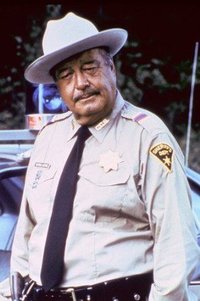Though having looked at Section 51 while posting that I see it ultimately has questionable teeth since even if the judge finds the denial or restrictions unreasonable he "may order" the issuance or removal of restrictions.
So even if the judge agrees the CLEO is full of it, the judge apparently can choose to do nothing and let the unreasonable infringement stand.
So even if the judge agrees the CLEO is full of it, the judge apparently can choose to do nothing and let the unreasonable infringement stand.

![Smile [smile] [smile]](/xen/styles/default/xenforo/smilies.vb/001.gif)


![Thinking [thinking] [thinking]](/xen/styles/default/xenforo/smilies.vb/010.gif)